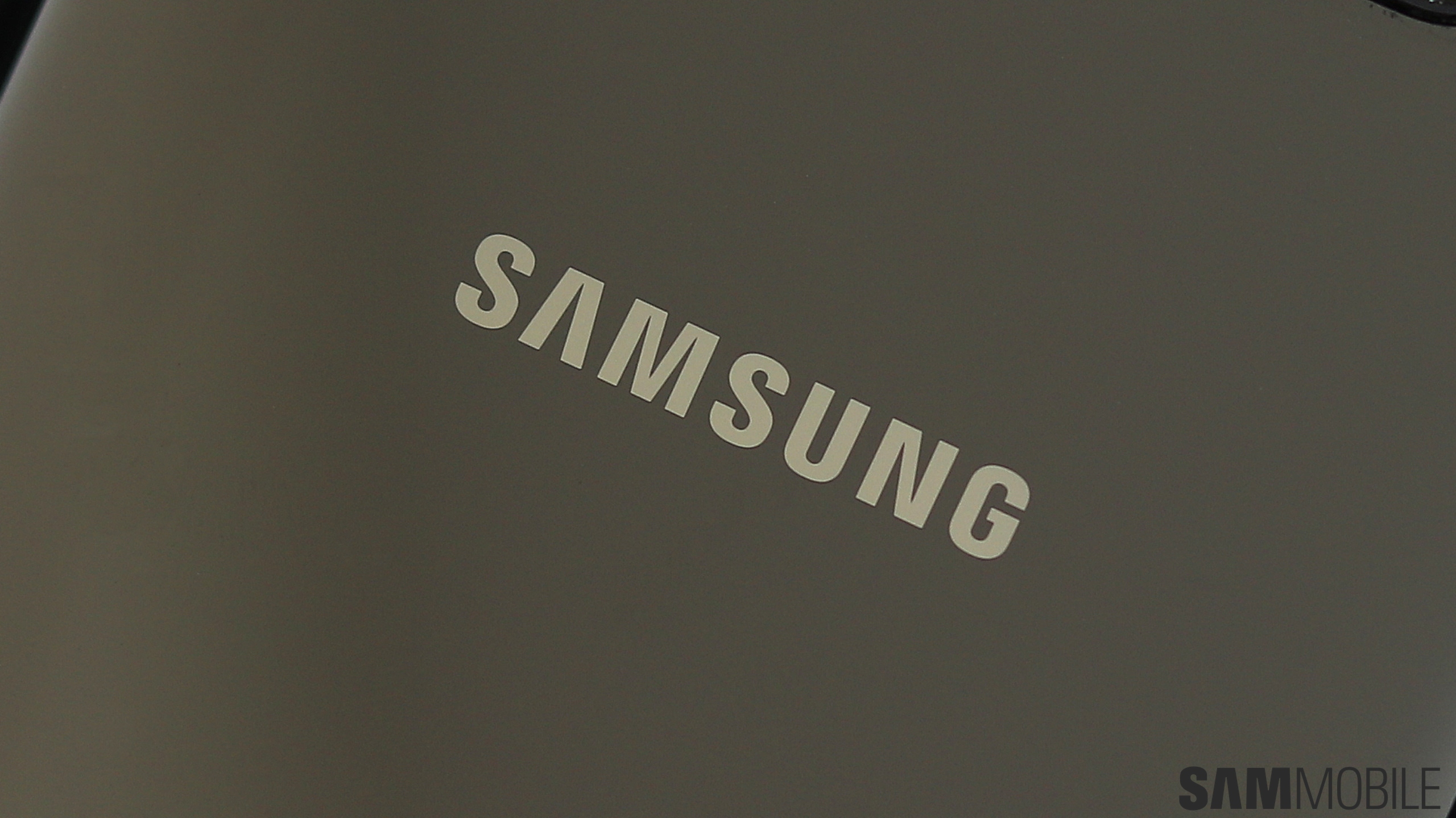Samsung gets government approval to make chip employees work longer hours
South Korean law required companies to have a 52-hour workweek for employees. This was proving to be a problem for Samsung's system LSI division, the one that makes chips. Project deadlines couldn't be met because employees couldn't work more than 52 hours per week. Several reports emerged late last year claiming that Samsung saw this […] The post Samsung gets government approval to make chip employees work longer hours appeared first on SamMobile.

South Korean law required companies to have a 52-hour workweek for employees. This was proving to be a problem for Samsung's system LSI division, the one that makes chips. Project deadlines couldn't be met because employees couldn't work more than 52 hours per week.
Several reports emerged late last year claiming that Samsung saw this law as being detrimental to its productivity. Other Korean companies opposed the law as well. Now, Samsung has become the first company to get approval from the government in Korea to make employees work up to 64 hours every week.
Samsung is the first company to get exemption for longer working hours
Korean media is reporting that Samsung Electronics has received approval to extend the working hours for employees in its semiconductor research and development division. The company's request was approved by the Ministry of Employment and Labor's Gyeonggi branch.
This exemption was made possible after labor rules were revised by the government last month, primarily to help the country's lucrative semiconductor division boost productivity. With this exemption in hand, Samsung's chip division can make employees work up to 64 hours per week in the first three months and then up to 60 hours per week for the next three.
What the report doesn't mention is that whether these employees would receive higher compensation for working longer hours. Samsung isn't the only company that's taking advantage of the revised laws. Other local semiconductor companies are reportedly preparing to file for similar exemptions.
Samsung's chip division faces several monumental challenges. It needs to improve yields of the 2nm process to win major orders, sort out the issues that have prevented orders for its HBM products from NVIDIA, and keep up with the relentless pace of innovation that's required to remain competitive in the semiconductor industry. Whether or not this change helps remains to be seen.
The post Samsung gets government approval to make chip employees work longer hours appeared first on SamMobile.







